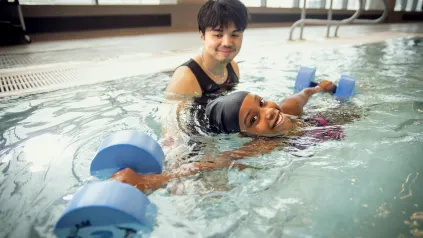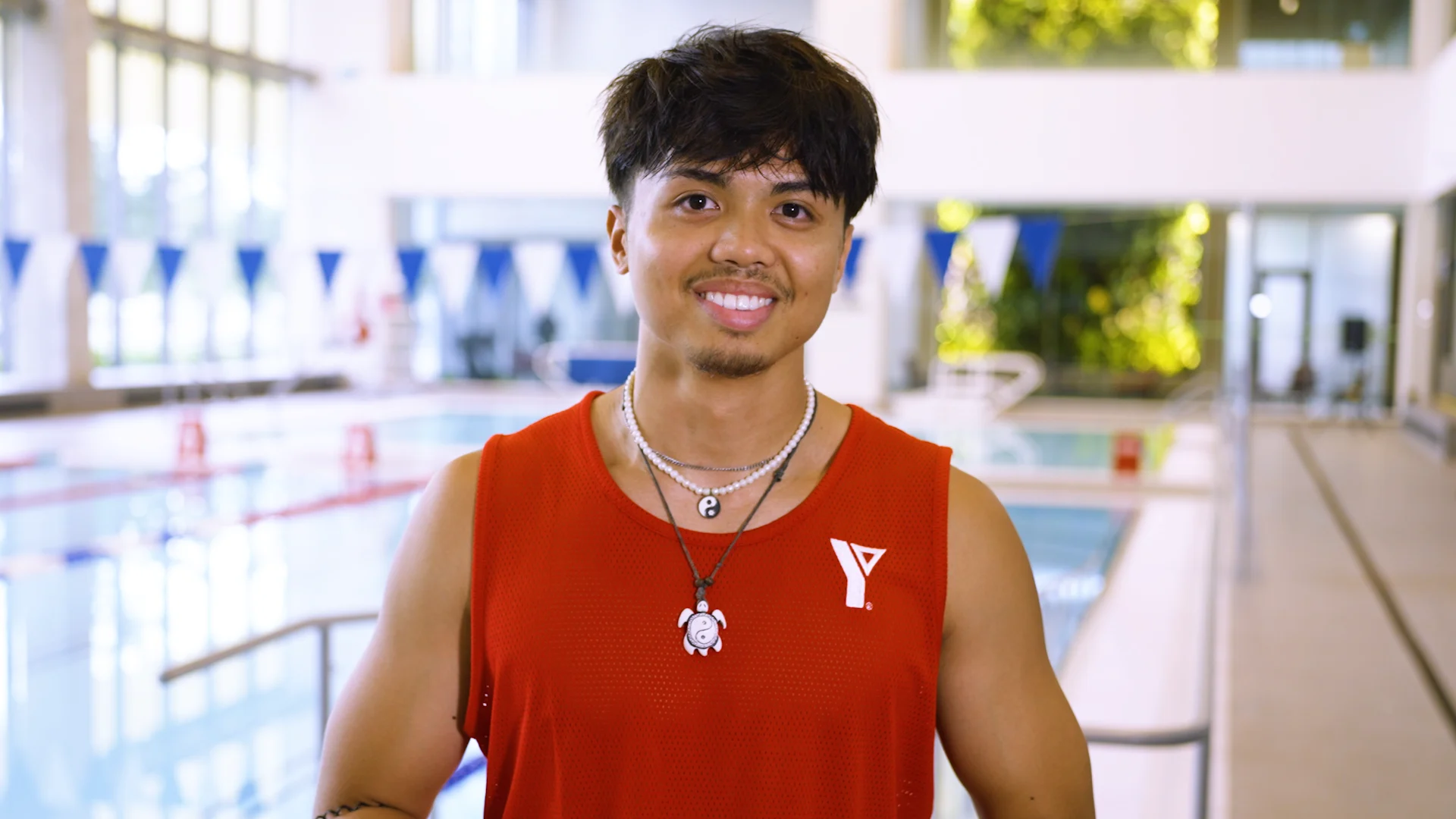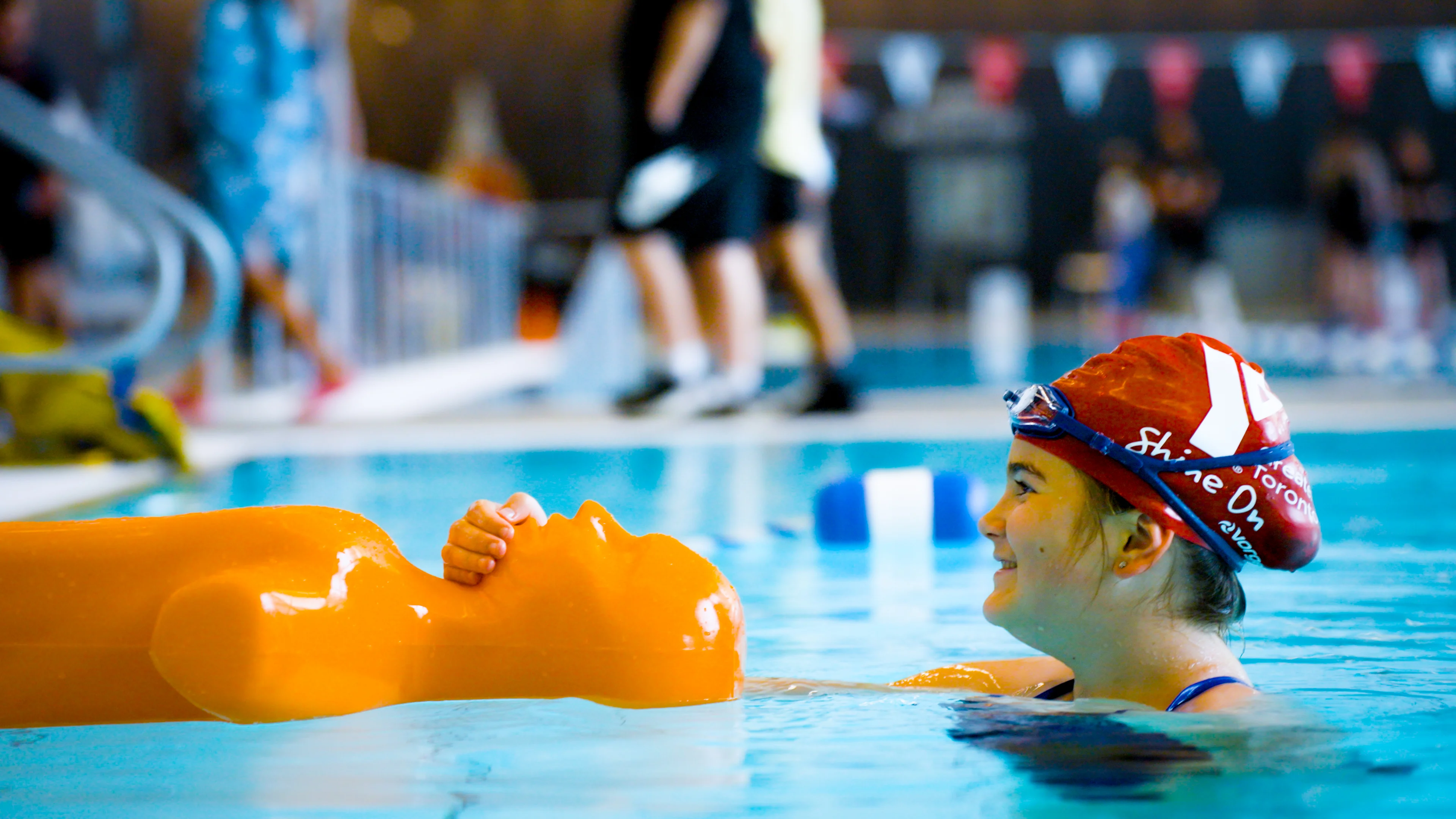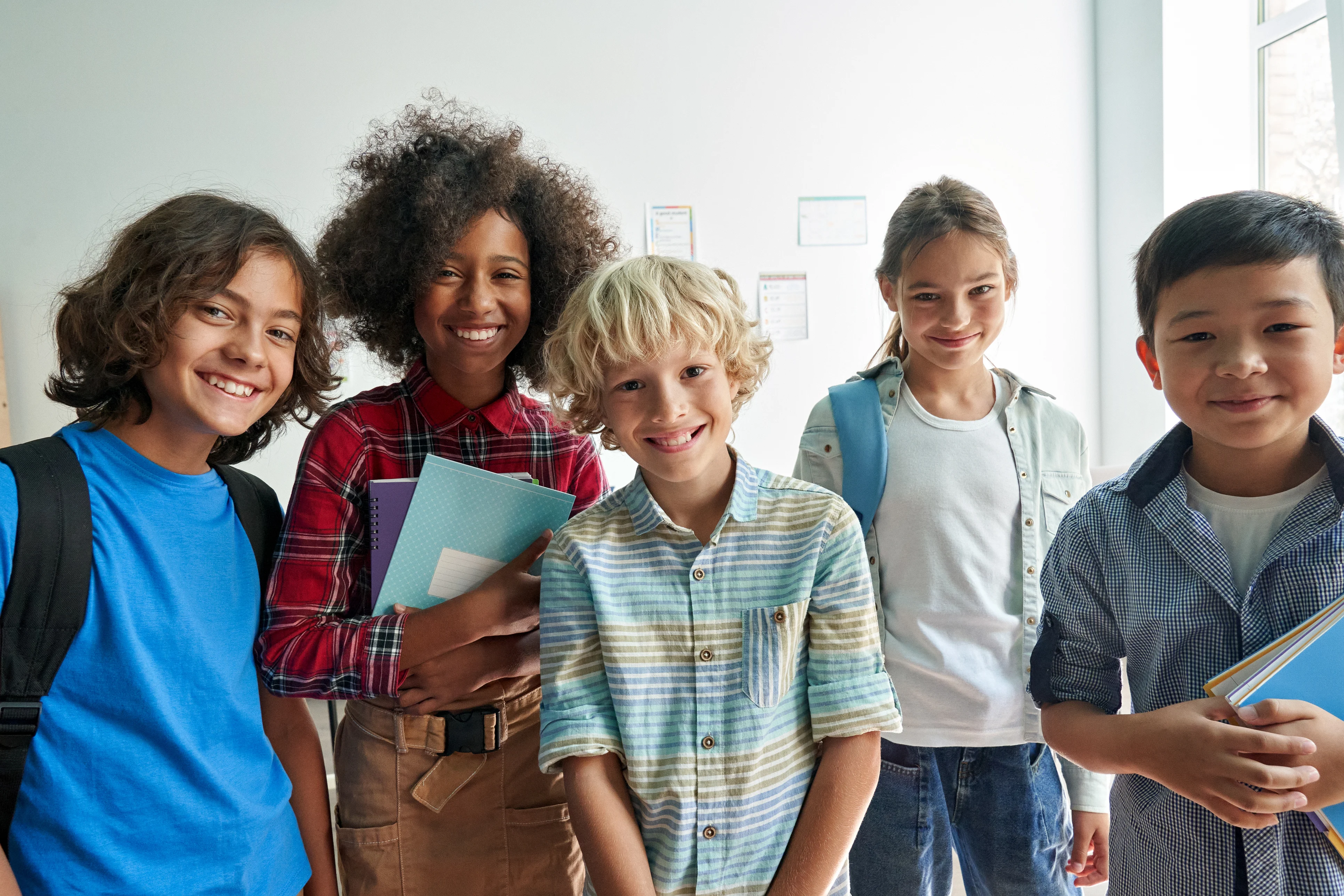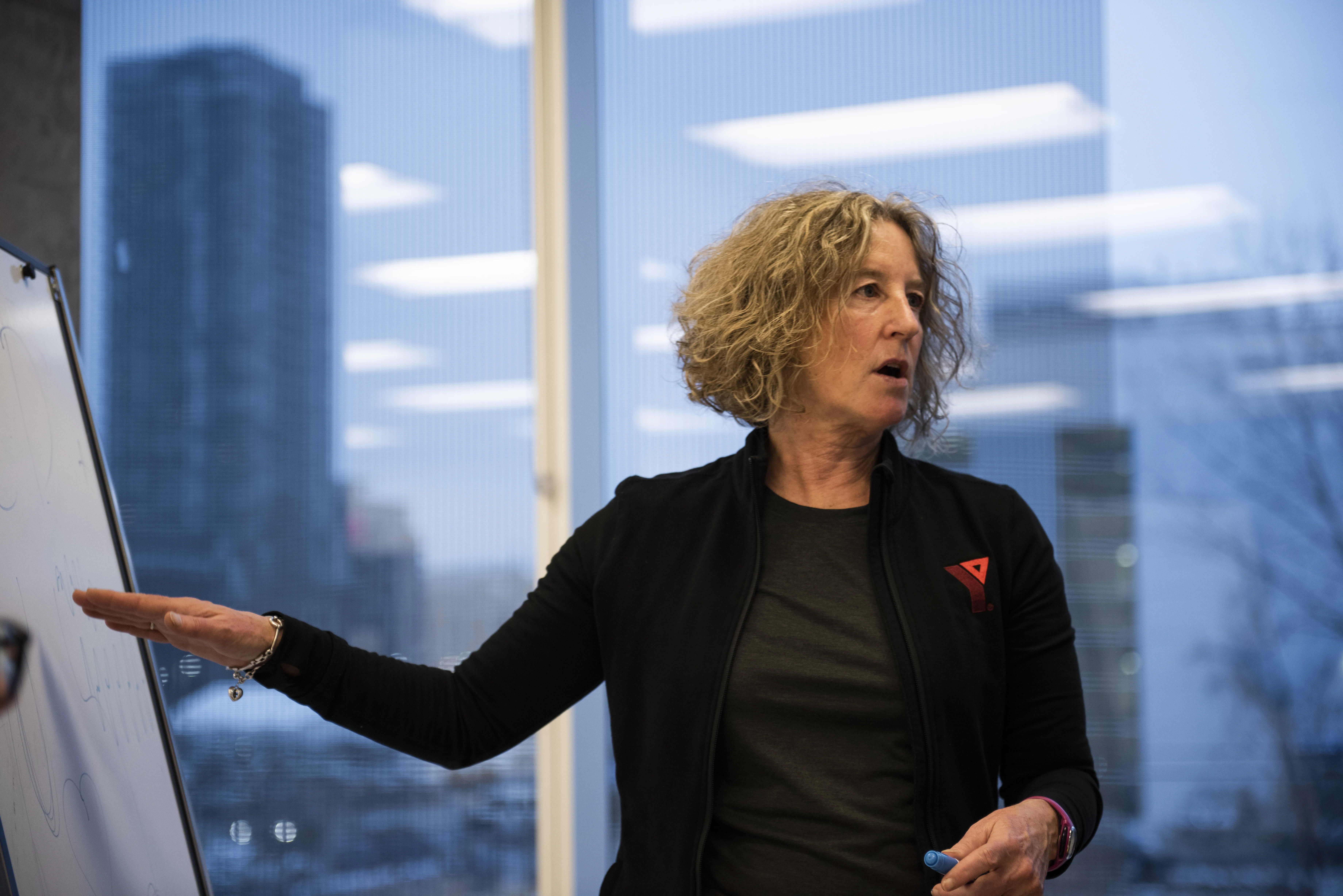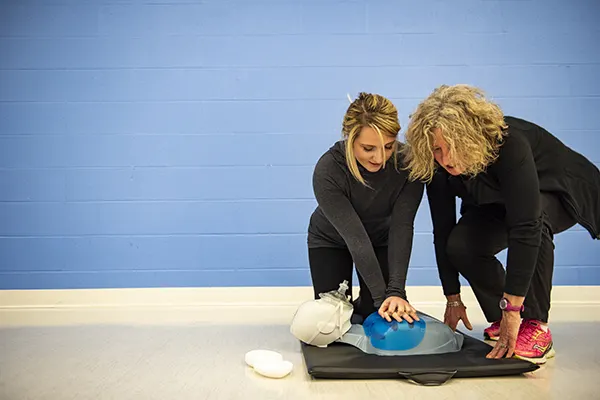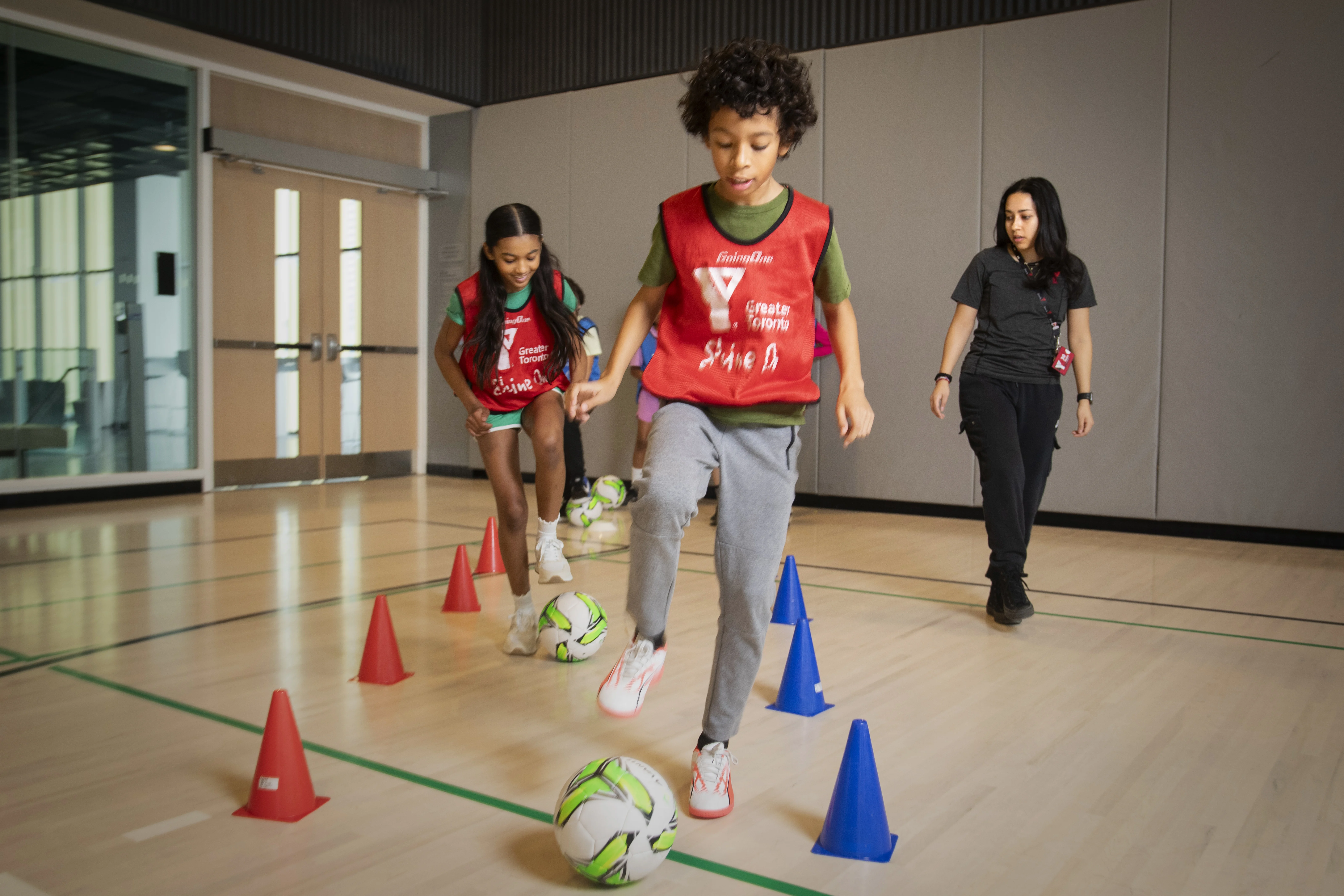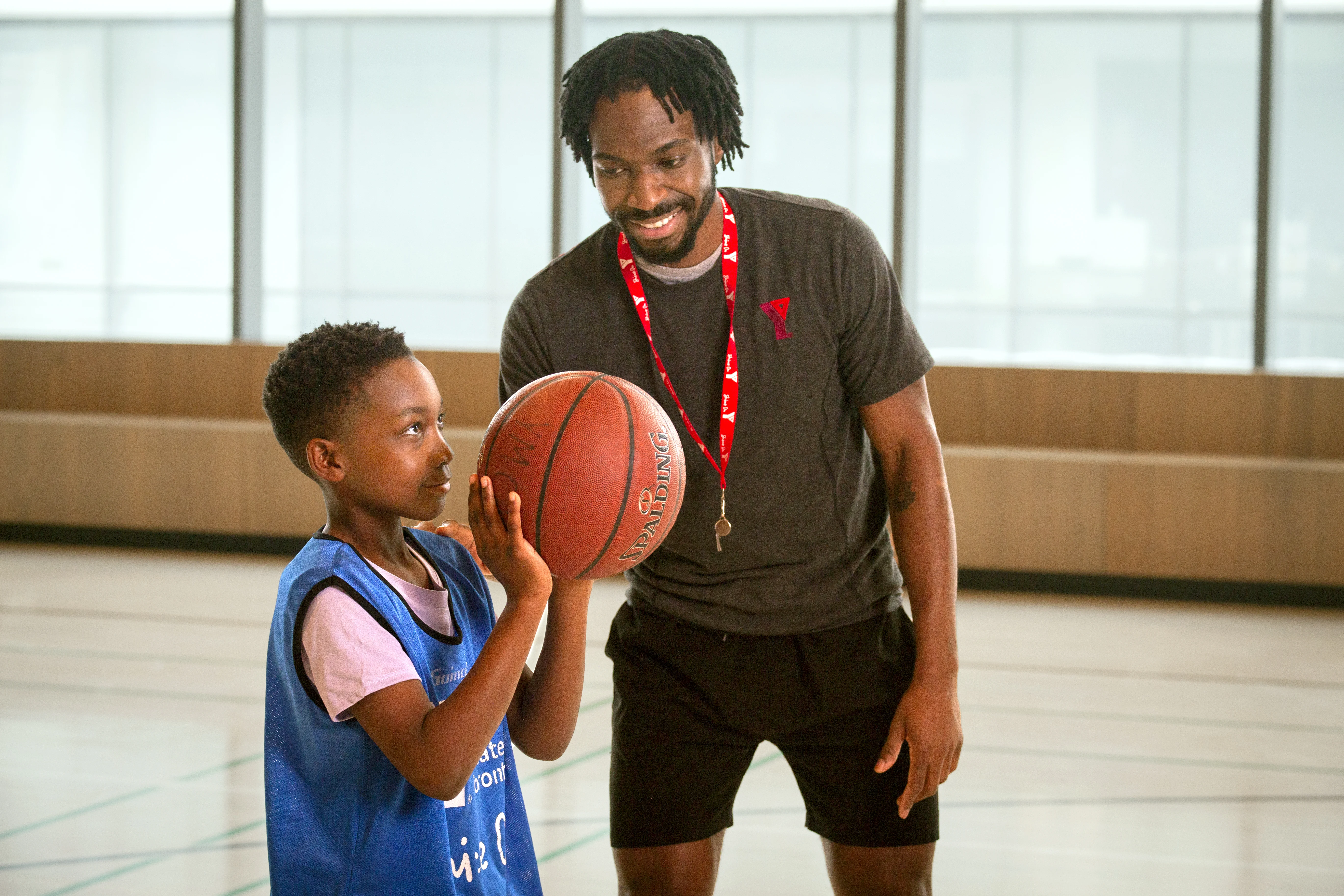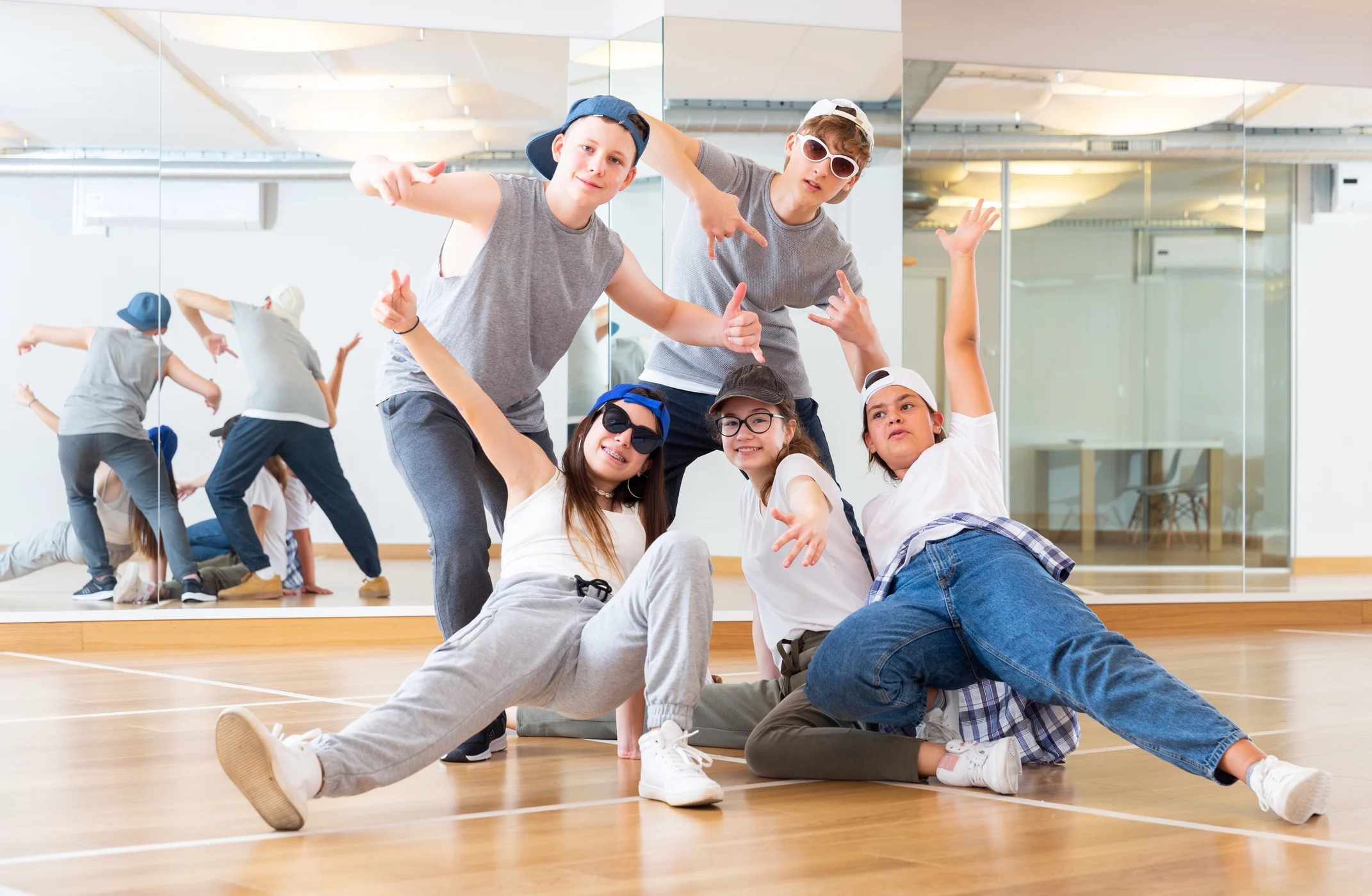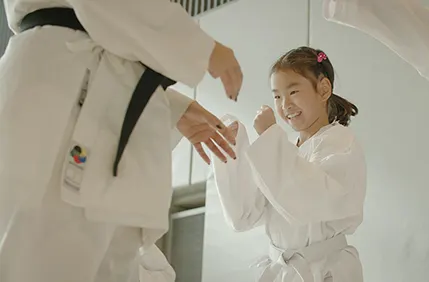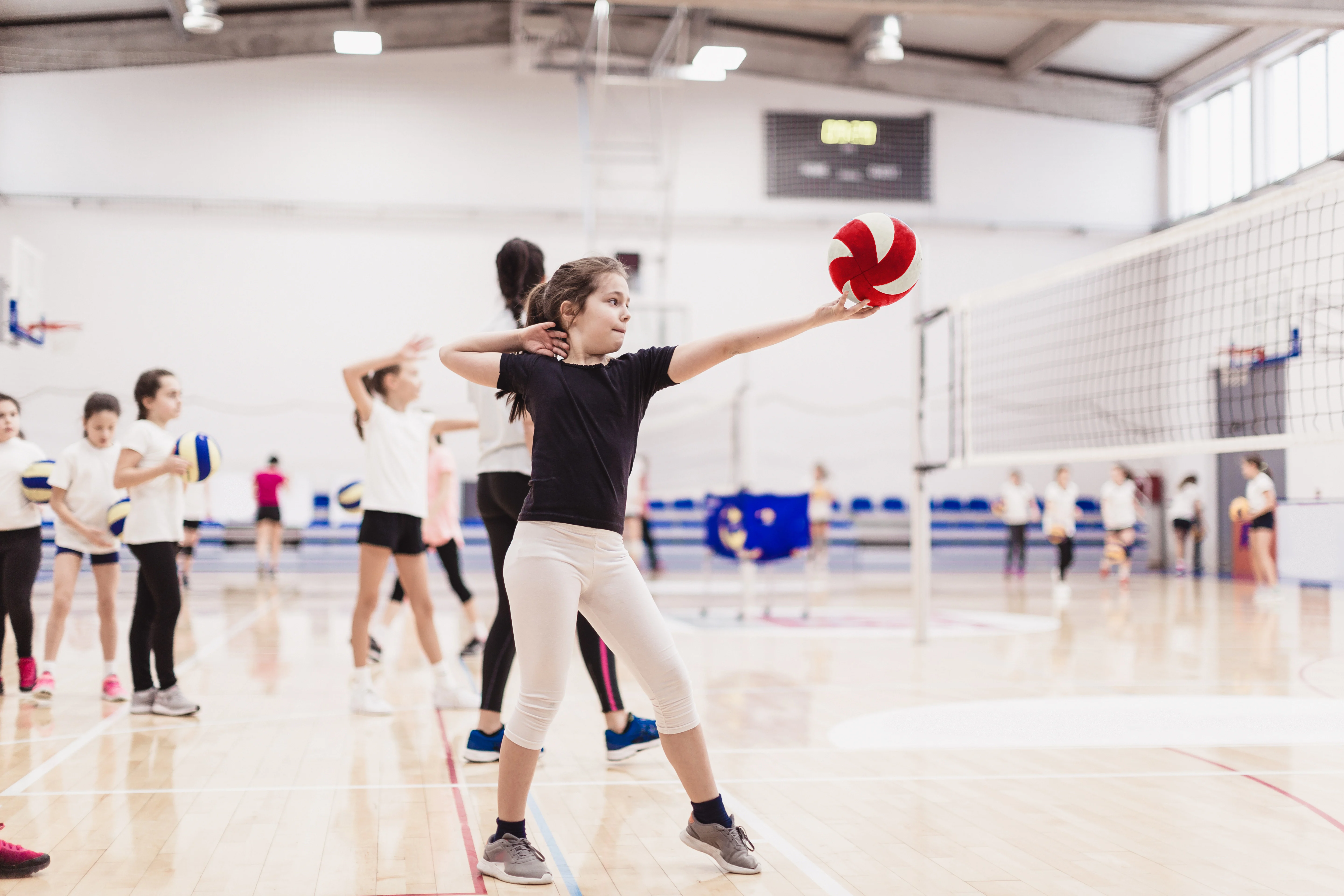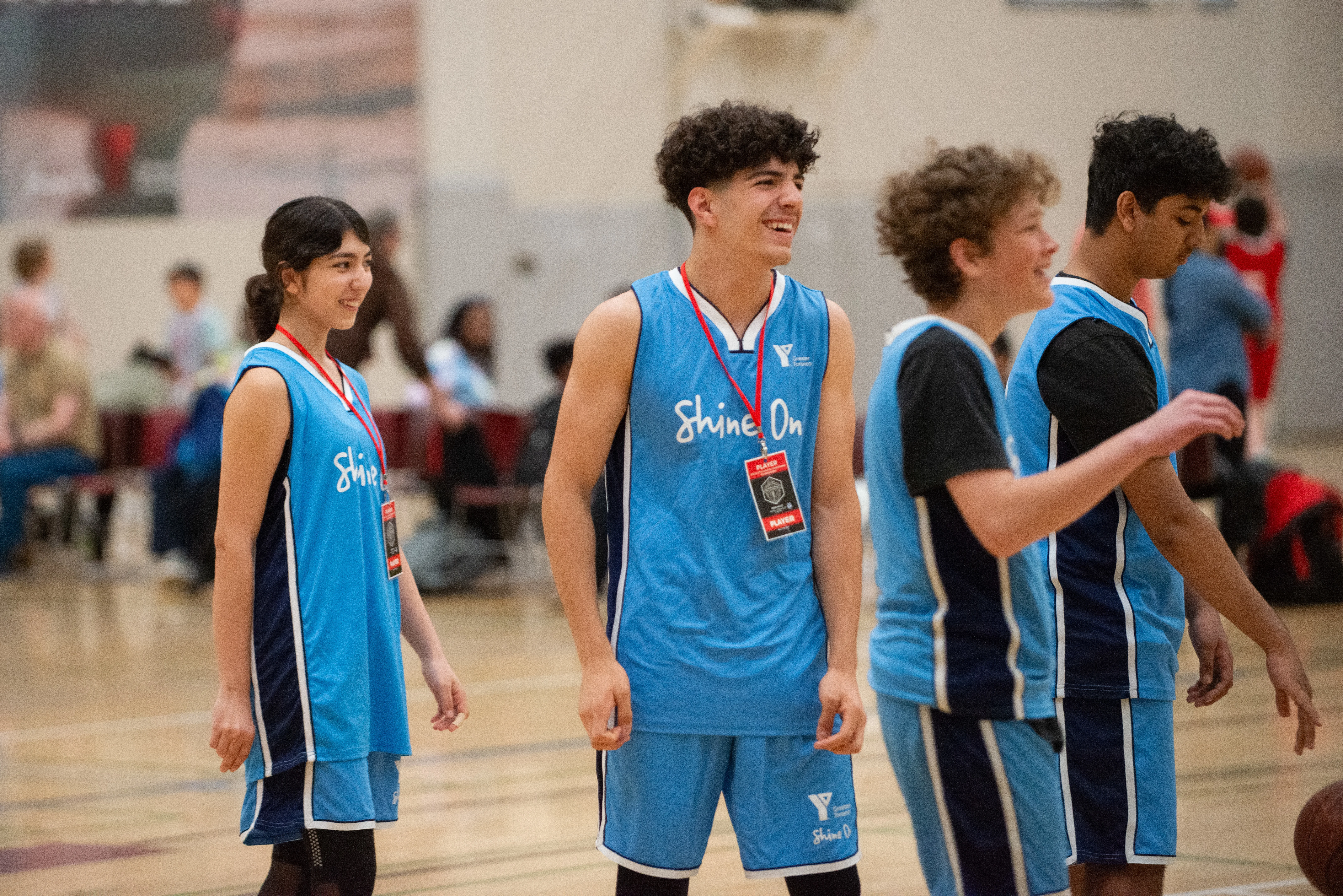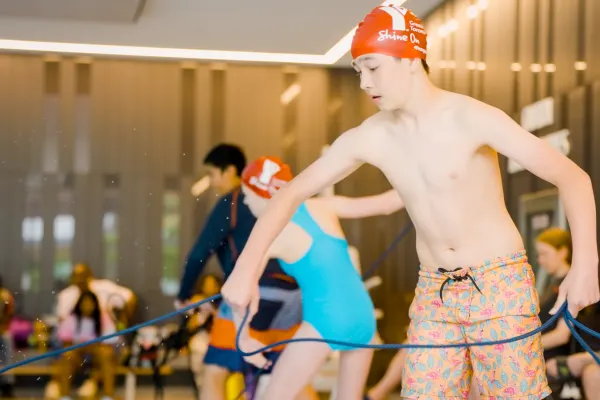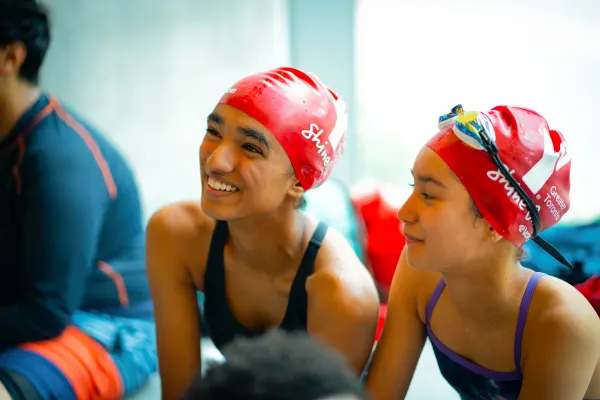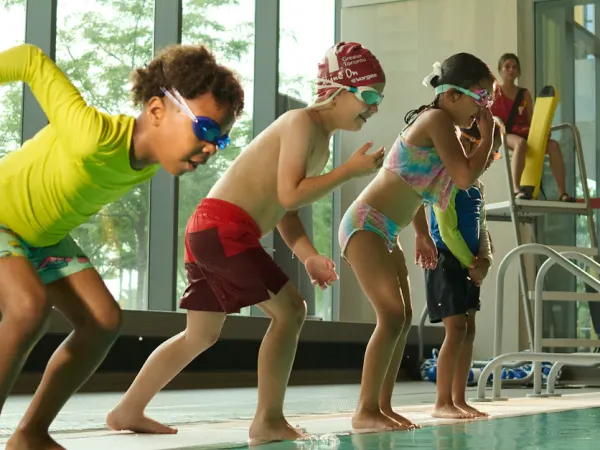
Children & Youth: Registered Programs
Children and youth, come unlock your true potential by participating in your preferred program activity. Enjoy your favorite sport, master your recreational hobby, have fun with aquatics, gain accredited certifications, participate in leagues and more at the YMCA of Greater Toronto’s Health & Fitness centres.
Program Registration Dates
| # | Sports & Rec | Aquatics |
|---|---|---|
| Fall 2025 | August 14, 2025 | August 21, 2025 |
| Winter 2026 | December 11,2025 | December 18,2025 |
| Spring 2026 | March 5, 2026 | March 12, 2026 |
| Summer 2026 | June 11, 2026 | June 18, 2026 |
Early Bird registration is avaiable for returning participants session over sessions. Early Bird dates will be communicated via email on file.
List of All Available Programs
Aquatics
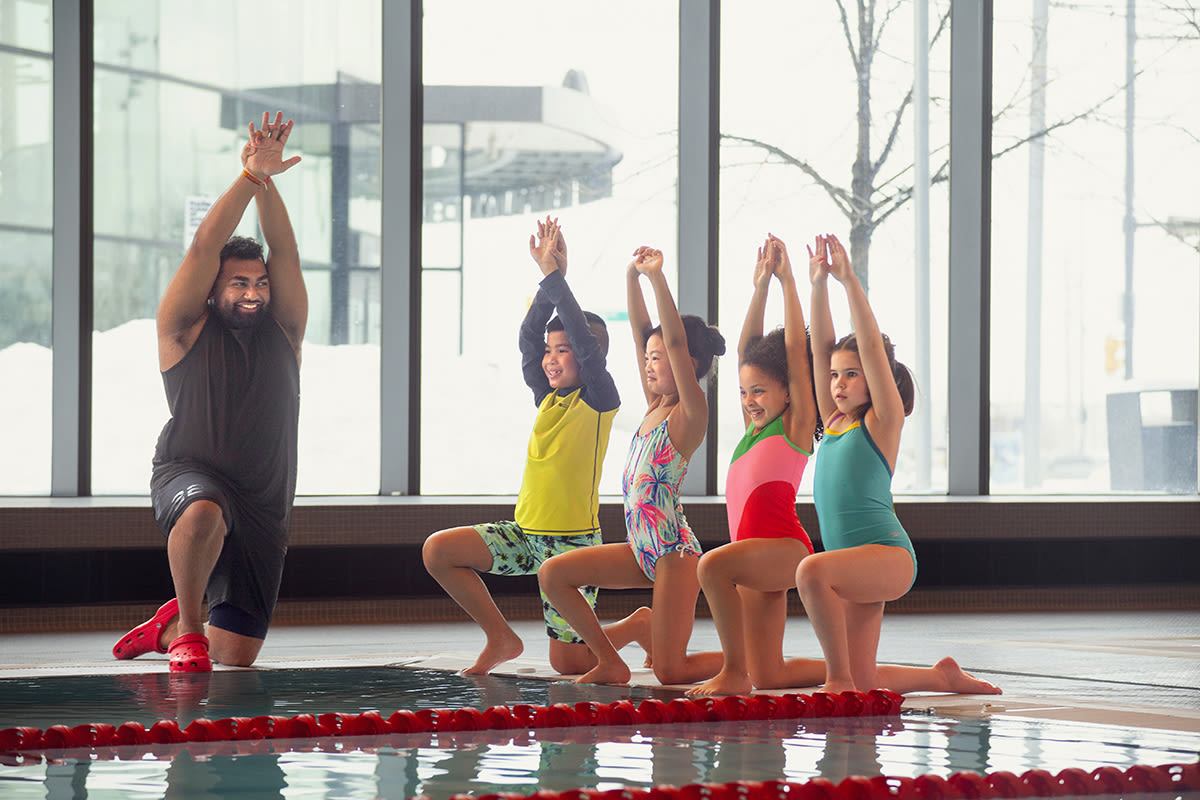
Swimming
Preschool - Ages 0-3 years
Splashers: As the first level of the YMCA Parented Swim Lessons, Splashers is a great way to introduce babies 6-18 months old to the water. Parents get in on the fun by participating with their children. At this early stage, children are still learning about their environment. The goal of Splashers is to make children and parents comfortable in the water together and (of course) to learn to splash with arms and legs.
Bubblers: The second level of the YMCA Parented Swim Lessons, Bubblers, is for children 18 months-less than 3 years old. We work with you to introduce your child to new movements in the water, including holding the wall, kicking feet, and blowing bubbles. Parents get in on the fun by participating with their children. Bubblers is led by a certified YMCA Swim Instructor who knows how to create a fun, stimulating environment for you and your little one, encouraging bonding and skill development in the water.
Preschool - Ages 3-5 years
The YMCA Preschool program will introduce your toddler or preschooler to the basics of swimming. Each level in the Preschool program has been designed with your child’s natural growth and development in mind. There are eight levels in the YMCA Preschool program. YMCA Swim Instructors will ensure that we find the right level for your child.
Bobber: As the first level of the YMCA Preschool Swim Lessons, Bobbers is for children who are 3-5 years old who are new to swimming. Children are encouraged to attend without a parent.
In Bobbers, we’ll continue to introduce fun activities in the water to activate the movements that will eventually lead to swimming. By the end, your child will be comfortable having their face in the water and will have learned basic movements while being supported.
Floater: The second level of the YMCA Preschool Swim Lessons, Floater, is for children 3-5 years old who have completed Bobbers or equivalent. In Floaters, we introduce floating and gliding and continue to practice other movements. Through structured activities and play, children will also become comfortable submerging themselves underwater. Children are encouraged to attend independently of their parents.
Glider: The third level of the YMCA Preschool Swim Lessons, Glider, is for children who are 3-5 years old and have completed Floaters or equivalent. In Gliders, children will combine kicking with gliding to learn how to propel themselves through the water.
Diver: The fourth level of the YMCA Preschool Swim Lessons, Diver, is for children who are 3-5 years old and have completed Glider or equivalent. In Divers, children will combine all the skills they have learned so far to swim on their front and back unaided for a distance of 10 metres. Your child will also learn to jump into and float in deep water unassisted.
Surfer: The fifth level of the YMCA Preschool Swim Lessons, Surfers, is for children who are 3-5 years old and have completed Diver or equivalent. In Surfer, we’ll continue to help your child develop front and back swimming skills and build up to a distance of 15 metres. And now that your child is comfortable jumping into the water, we’ll work on some creative and fun entries.
Jumper: The sixth and final level of the YMCA Preschool Swim Lessons, Jumper, is for children who are 3-5 years old and have completed Surfers or equivalent. In Jumpers, we’ll introduce the front and back crawl, as well as underwater swimming. Children at this level will have achieved a foundation of swimming skills and be able to front swim a distance of 25 metres
Learn to Swim Program - Ages 6+
For those looking for swimming lessons for children 6-12 years old who have mastered basic swimming skills, the YMCA Learn to Swim program is a series of four swimming lessons focused on technique, stroke development and endurance. During the program, your child will have the opportunity to meet new people and explore other facers of aquatics, like competitive swimming, water sports and aquafit classes.
Otter: An introductory level for beginner swimmers ages 6-12 years old, Otter will teach your child the basics of pool safety, going underwater, and gliding on their front and back.
The first of four levels in our national YMCA Learn to Swim program, Otter teaches your child how to stay safe in the water and to develop their swimming skills. During these classes, your child will also select from an optional list of skills to learn during the session. A YMCA Swim Instructor will encourage your child to actively participate in their own learning.
Seal: Seal is for children 6-12 years old who have completed Otter or who have equivalent skills. In this level, they will further develop the skills of gliding, kicking and submerging.
The second of four levels in our national YMCA Learn to Swim program, Seal teaches your child how to stay safe in the water and to develop their swimming skills. A YMCA Swim Instructor will encourage the children to build their confidence in the water.
Dolphin: Dolphin is for children 6-12 years old who have completed Seal or who demonstrate an equivalent skillset. Your child will be introduced to swimming on their front, back and underwater.
The third of four levels in our national YMCA Learn to Swim program, Dolphin teaches kids how to stay safe in the water and to develop their swimming skills. A YMCA Swim Instructor will be cheering your child on as they complete their first full swim strokes.
Swimmer: Swimmer is for children 6-12 years old who have completed Dolphin or who have equivalent skills. In this class, kids will learn front and back crawl, and how to tread water.
The last of four levels in our national YMCA Learn to Swim program, Swimmer teaches children how to stay safe in the water and to develop their swimming skills. Children at this level will have achieved a solid foundation of swimming skills and be able to front swim for a distance for 25 metres. A YMCA Swim Instructor will inspire your child to reach their potential in the water.
Star Program - Ages 6+
The YMCA Star Program helps swimmers become leaders! Children who have completed the YMCA Learn to Swim Program or equivalent can develop more advanced skills through the YMCA Star Program. Children 6 years or older who are competent swimmers can take the YMCA Star Leadership Program to continue to nurture their love of swimming and build towards more advanced aquatics certifications.
Star 1: (equivalent to level 5) Star 1 is for children who have completed the Swimmer level in our Learn to Swim program. In this class, kids will learn to use the whip kick on their back and the eggbeater motion for treading water. We will help your child continue to develop front and back crawl techniques and endurance.
Star 2: (equivalent to level 6) Star 2 is for children who have completed Star 1 or who show an equivalent skill level. At this level, we focus on elementary backstroke and continue to help kids refine their stroke technique and increase their endurance.
Star 3: (equivalent to level 7) Star 3 is for children who have completed Star 2 or who show an equivalent skill level. At this level, your child will focus on the breaststroke and eggbeater motion for treading water, while continuing to build endurance in the pool. We will also introduce young swimmers to introductory lifesaving concepts.
Star 4: (equivalent to level 8) Star 4 is for children who have completed Star 3 or who show an equivalent skill level. At this level, we will help your child focus on the sidestroke and we will continue to introduce lifesaving skills.
Star 5: (equivalent to level 9) Star 5 is for children who have completed Star 4 or who show an equivalent skill level. We will introduce the butterfly stroke along with lifesaving and first aid elements from the Rookie and Ranger levels of the Canadian Swim Patrol Program.
Star 6: (equivalent to level 10) Star 6 is for children who have completed Star 5 or who show an equivalent skill level. Swimmers will continue to develop lifesaving and first aid skills at the Rangers and Star level of the Canadian Swim Patrol Program. They will also begin to learn how to teach others to swim.
Star 6 bridges to the YMCA Swim Instructor and Lifesaving Society’s Bronze programs (depending on age).
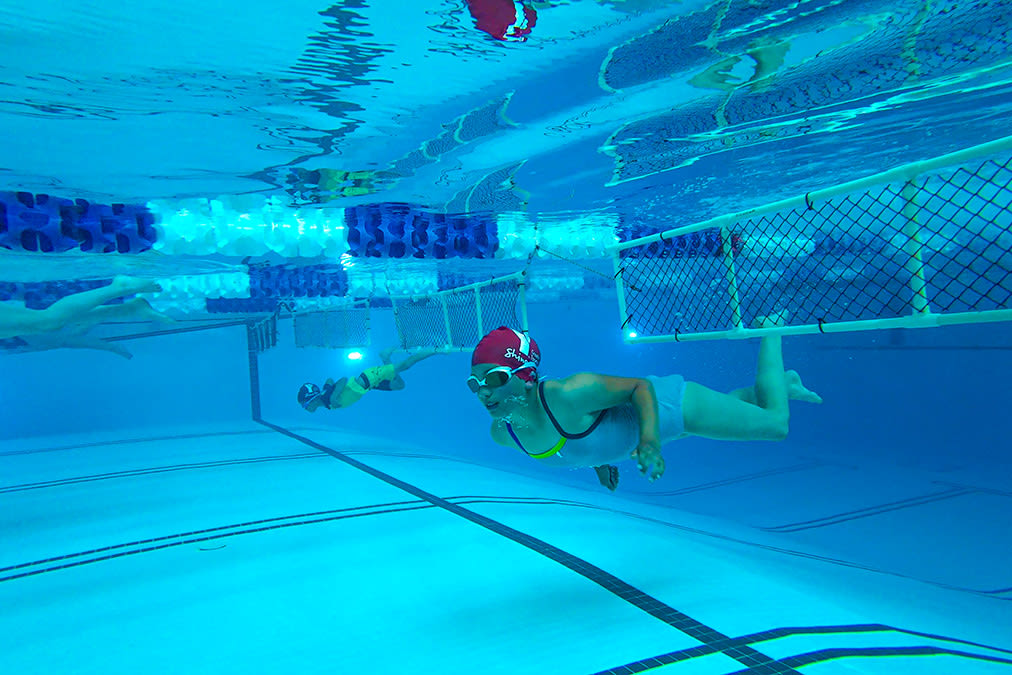
Lifeguard Certifications
Bronze Star (10 hr.) – Introduction to Lifesaving Sport
Prerequisite: Completion of Level 10 swimming requirements (Swim Patrol experience recommended).
The Bronze Star course is an introductory lifesaving program designed to build swimming proficiency, endurance, and essential rescue skills. It also served as an excellent preparation for the Bronze Medallion course and introduces student to the principles of lifesaving sports training. Primary learnings in this course include stroke refinement and endurance training, self-rescue techniques and survival skills, and basic lifesaving fitness principles.
Bronze Medallion (15 hr.)
Prerequisite: Minimum 13 years of age or Bronze Star certification (need not be current).
Bronze Medallion is the second of the Lifesaving Society’s Bronze level courses. Participants will develop an understanding of lifesaving principles and learn valuable skills needed to be successful in an aquatic emergency. Challenges the candidate both mentally and physically. Judgment, knowledge, skill, and fitness – the four components of water rescue – form the basis of Bronze Medallion training. Candidates acquire the assessment and problem-solving skills needed to make good decisions in, on, and around the water. Bronze Medallion is a prerequisite for assistant lifeguard training in Bronze Cross.
Bronze Medallion (15 hr.)
Prerequisite: Minimum 13 years of age or Bronze Star certification (need not be current).
Bronze Medallion is the second of the Lifesaving Society’s Bronze level courses. Participants will develop an understanding of lifesaving principles and learn valuable skills needed to be successful in an aquatic emergency. Challenges the candidate both mentally and physically. Judgment, knowledge, skill, and fitness – the four components of water rescue – form the basis of Bronze Medallion training. Candidates acquire the assessment and problem-solving skills needed to make good decisions in, on, and around the water. Bronze Medallion is a prerequisite for assistant lifeguard training in Bronze Cross.
Bronze Cross (20 hr.)
Prerequisite: Bronze Medallion and Lifesaving Society Emergency or Standard First Aid certifications (need not be current) or EFA or SFA from one of these approved agencies.
This course is the prerequisite for National Lifeguard. You'll enjoy more advanced training, including an introduction to safe supervision in aquatic facilities. A timed 600 metre swim is included. The course begins the transition from lifesaving to lifeguarding and prepares candidates for responsibilities as assistant lifeguards. Candidates strengthen and expand their lifesaving skills and begin to apply the principles and techniques of active surveillance in aquatic facilities. Bronze Cross emphasizes the importance of teamwork and communication in preventing and responding to aquatic emergencies. Bronze Cross is a prerequisite for advanced training in the Society’s National Lifeguard and leadership certification programs.
Bronze Medallion & Cross with EFA
Complete Bronze Medallion, Emergency First Aid and Bronze Cross certifications in this combo course.
National Lifeguard
Prerequisites: Minimum 15 years of age, Bronze Cross, and Lifesaving Society Standard First Aid (need not be current) or Standard First Aid from one of these approved agencies.
National Lifeguard Pool certification is a prerequisite for the Waterpark option and National Lifeguard Waterfront is a prerequisite for the Surf option.
National Lifeguard is a legal certificate for lifeguarding throughout the country and is recognized by the province of Ontario for lifeguarding public swimming pools. National Lifeguard is recognized as the waterfront supervisory certification for Ontario Recreational Camp Regulation 503/17. National Lifeguard certification is available in four options: Pool, Waterpark, Waterfront, and Surf. The National Lifeguard Award Guide details the curriculum requirements and performance standards for National Lifeguard Instructors and candidates.
National Lifeguard (Recertification)
Prerequisite: Age 15 years, Bronze Cross and Standard First Aid with CPR C.
The National Lifeguard (NL) certification is the industry standard for professional lifeguards in Canada. NL guards are water rescue professionals trained in emergency care. They prevent accidents, spot potential trouble and intervene before it becomes life-threatening.
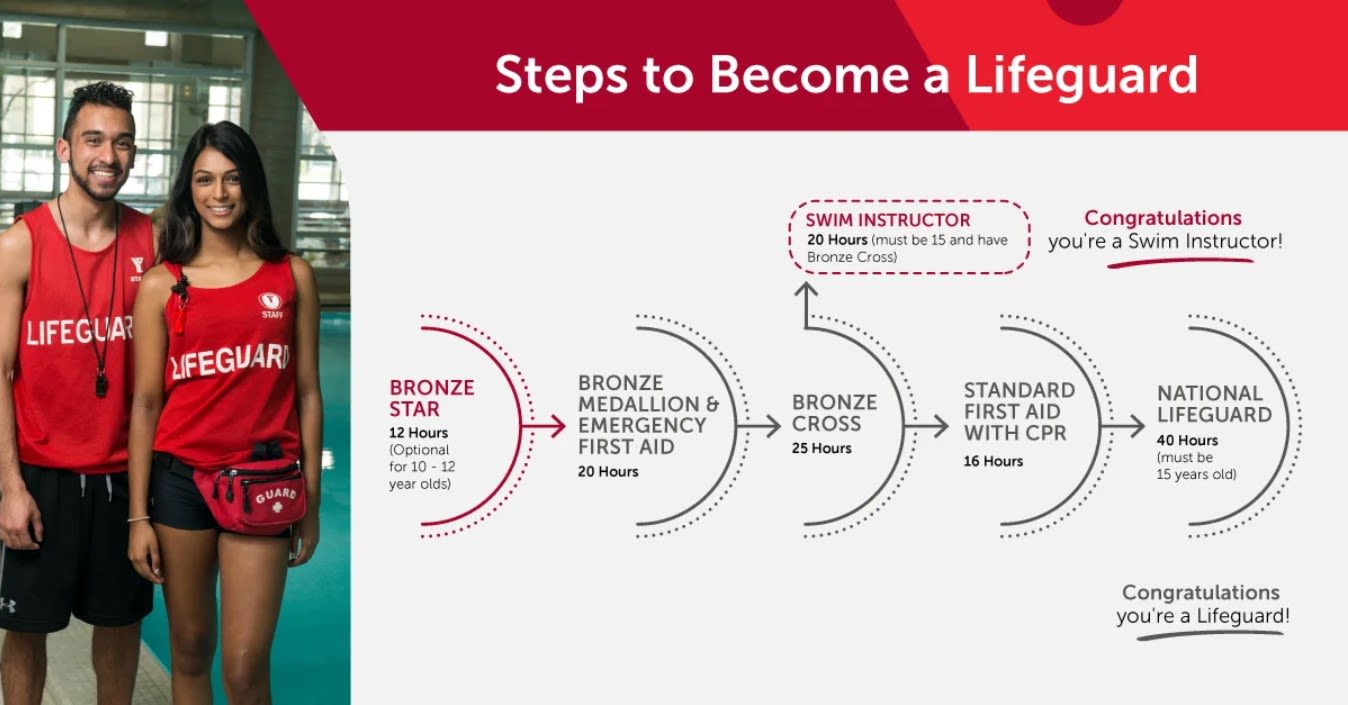
Lifeguard Clubs
Junior Lifeguard Club
The Junior Lifeguard Club (JLC) focuses on aquatic skills development based on personal-best achievement. Building on skills they already have, Junior Lifeguard Club members work to develop and improve swimming and other aquatic skills with emphasis on swimming skills, lifesaving skills, lifesaving knowledge, leadership and teamwork, community education, competition, and personal fitness. Minimum swimming requirement is 50m of front crawl and tread water for one minute. Participants are placed in classes based on their skills and previous experience. Levels range from:
- Intro to JLC
- JLC Academy
Telegames entry fee is included in the price of the course.
Competitive Lifesaving Club
Pre-requisite for this club is the completion of Junior Lifeguard - Gold level. The Lifesaving Competition Club is for present and former Junior Lifeguard Club members who are serious about Lifesaving Sport. This club's sole focus is the exciting world of Lifesaving Sport. The team will train to compete in Lifesaving regional and provincial competitions.
Check out JLC in action:
See what it looks like in this video.
Hear from our participants and parents about their experience in the Junior Lifeguard Club.
Sports and Recreation
Soccer
The YMCA Soccer Program offers a fun-filled blend of instruction and recreation, designed to help children develop essential soccer skills while fostering teamwork and sportsmanship. Through engaging activities and supportive coaching, kids will learn the fundamentals of the game, including passing, dribbling, shooting, and positioning. This program emphasizes the importance of staying active, healthy, and having fun in a positive environment. Perfect for beginners and young athletes of all skill levels, our soccer program aims to build confidence, encourage teamwork, and promote a love for the game.
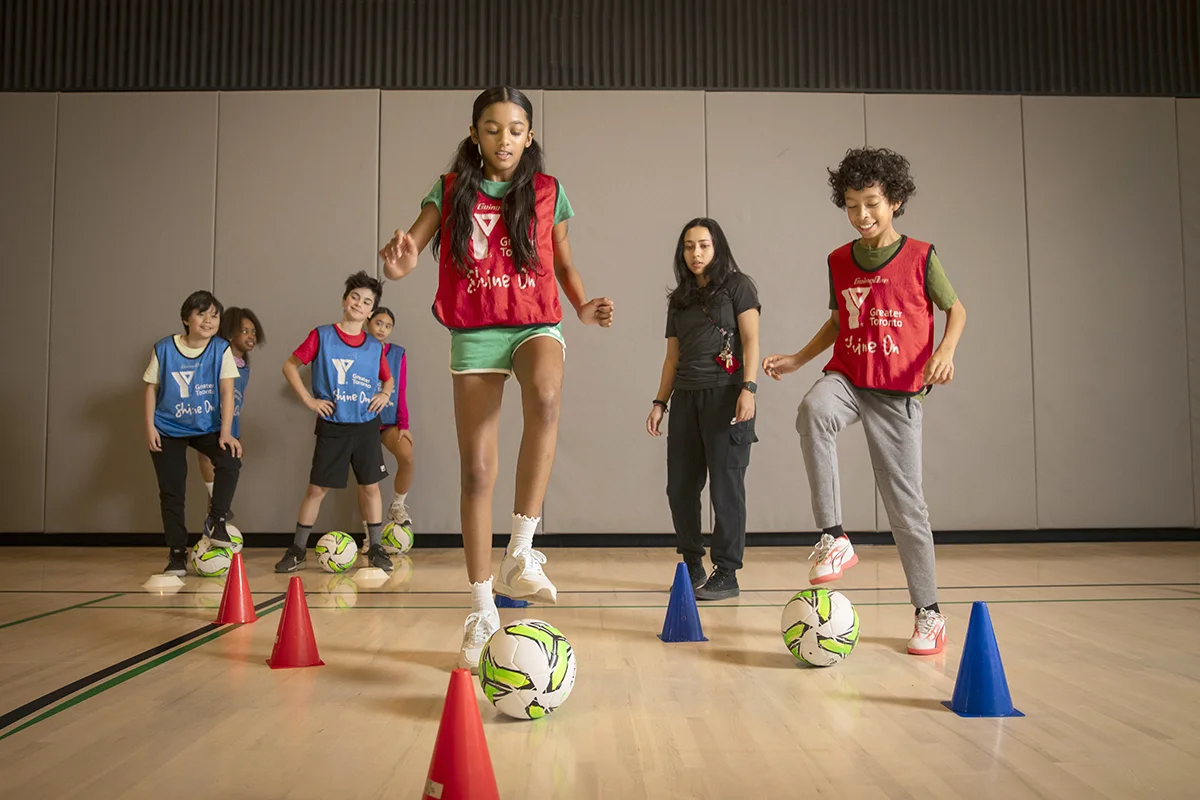
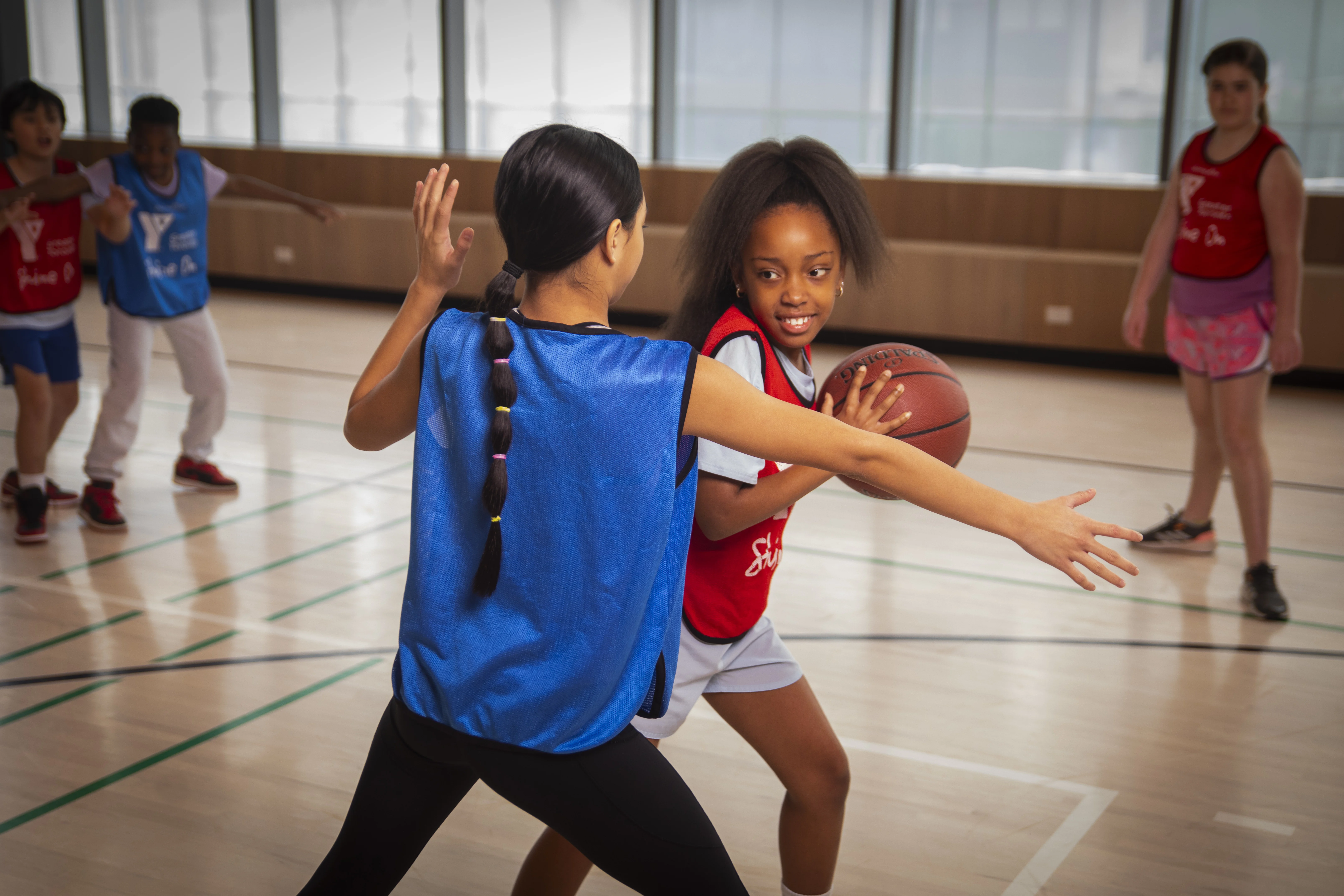
Basketball
When you sign your children up for basketball at the Y, you’re taking them to a place that started it all. The YMCA basketball Program offers a fun-filled blend of instruction and recreation, designed to help children develop essential basketball skills while fostering teamwork and sportsmanship. Through engaging activities and supportive coaching, kids will learn the fundamentals of the game, including passing, dribbling, shooting, and positioning. This program emphasizes the importance of staying active, healthy, and having fun in a positive environment. Perfect for beginners and young athletes of all skill levels, our basketball program aims to build confidence, encourage teamwork, and promote a love for the game.
Volleyball
The YMCA volleyball Program offers a fun-filled blend of instruction and recreation, designed to help children develop essential volleyball skills while fostering teamwork and sportsmanship. Through engaging activities and supportive coaching, kids will learn the fundamentals of the game, including setting, volleying, spiking, and positioning. This program emphasizes the importance of staying active, healthy, and having fun in a positive environment. Perfect for beginners and young athletes of all skill levels, our Volleyball program aims to build confidence, encourage teamwork, and promote a love for the game.
Multi-Sport
The YMCA Multi-Sport Program offers a dynamic and engaging experience that combines instruction and recreation across a variety of sports. Designed to introduce children and youth to multiple sports, Every week a new sport will be taught where Children will learn the fundamentals and basics of the sport while fundamental skills such as teamwork, coordination, and sportsmanship. Suitable for all skill levels, this program emphasizes children and youth to stay active, healthy, and boost confidence to promote a love for sports.
Karate
This is the place to start if you are interested in Karate. No uniform or previous experience needed, just come and learn some moves. This class gives children and parents a chance to try Karate before you decide to buy the uniform and join the White belt class.
YMCA Karate: White Belt
You must have completed the Karate Intro class before registering for the white belt class. A Gi (Karate uniform) is required to participate. Uniforms can be purchased from the YMCA, or you can bring your own. Grading, a belt fees and a YMCA patch are included in the price.
YMCA Karate: Belt Level
You must have completed the previous belt level before registering for this class. A Gi (Karate uniform) is required to participate. Uniforms can be purchased from the YMCA, or you can bring your own. Grading and a belt are included in the price.
Dance
Hip Hop
From old school to recent hits, this class will keep you moving and grooving and keep you in touch with hip-hop culture. Improve your co-ordination and confidence with this challenging and fun style of dancing. Class structure includes a warm up and progresses to skills development, and finally finishes with choreography.
Jazz
Jazz is a lively and energetic dance. Aimed at improving flexibility and strength, proper placement, posture and alignment are a core principle taught in this class. Jazz is diverse and includes everything from classical Broadway styles to today's modern jazz styles.
Ballet
Ballet helps to improve coordination, flexibility and strength in an engaging and fun classroom environment. Class structure including barre, center work, adagio (slow controlled graceful steps), allegro (fast, high-energy steps) and reverence, emphasizes correct posture, placement, technique and musicality. Ballet is a strong foundation for dancers interested in jazz and lyrical/contemporary styles of dance.
Dance (Add this instead of cheer and dance)
An instructional dance class for children that teaches the basic dance moves and routines from various styles, with an emphasis on fitness, fun and individual creativity.
Leagues
Participants will have the opportunity to learn what it means to be part of a team through our engaging Basketball, Soccer, and Volleyball leagues. These leagues are designed to promote teamwork, sportsmanship, and healthy competition while helping children develop essential athletic skills. Prior to the start of the season, a skill assessment is conducted to ensure the formation of balanced teams, giving each child an equal chance to participate and succeed. Throughout the league, players will receive guidance from a coach, fostering a positive and supportive environment where everyone can improve and have fun. The league includes:
- A uniform
- A coach for each team
- A one-hour game each week
- Two weeks of playoffs
- An end of season banquet
Friend requests can be made before the draft game, parents of both children must make the request.
Other Programs
Stay Safe Program
Class is for 9-13 year olds.
The Red Cross Stay Safe program teaches youth (ages 9 - 13) the skills they need to start on the road to independence. The program covers the following topics; Importance of responsibility and respect while being accountable to yourself, how to prepare, recognize and respond to unexpected situations, (i.e. inclement weather, strangers, unanticipated visits), How to stay safe at home and within the community, the importance of setting and following rules around safety when staying on your own. First Aid topics will also be covered; Check, Call, Care (includes phoning EMS/911), recovery position, conscious choking (adult/child/alone), feeling unwell, asthma (includes use of inhaler and spacer), anaphylaxis (includes use of EpiPen), poisoning, insect stings, wound care (i.e. minor cuts and scrapes, splinters, nosebleeds, bumps and bruises, life-threatening bleeding, burns). A workbook and certificate is included in this program.
Babysitting Certification
Class is for 11-15 year olds.
The Canadian Red Cross Babysitting course (for ages 11 -15) covers everything from managing difficult behaviours to essentials on leadership and professional conduct as a babysitter. Babysitting promises to deepen and enhance the responsibility that older youth feel when caring for younger children. This course provides a great emphasis on first aid skills and provides an improved learning when it comes to giving the appropriate care in the event of an emergency. A workbook and certificate is included in this program.
Why Register with The YMCA of Greater Toronto?
Why It’s So Valuable for Kids to Stick with Their Programs
Every time your child shows up, learns something new, and has fun doing it — that’s growth in action! The real magic happens when they keep going, season after season.
Here’s why:
- Skills build with time and practice. Progress doesn’t happen overnight — it happens little by little, day by day. Each session adds a new layer of learning, helping your child grow stronger, more confident, and more capable with every try.
- Confidence takes root with consistency. That proud smile when they master a new skill? Priceless. When kids stick with a program, they see their own progress and that boosts their confidence in everything they do.
- Friendships and belonging bloom. Familiar faces, caring instructors, and a welcoming community help kids feel like they belong. Over time, those connections turn into lasting friendships and teamwork skills that go far beyond the gym or pool.
- Routine helps kids thrive. A consistent, active routine supports focus, balance, and healthy habits in and out of the classroom. Plus, it gives them something fun to look forward to each week!
- It’s about more than skills — it’s about lifelong habits. When kids stay active, curious, and engaged, they’re learning lessons that last a lifetime like resilience, self-belief, and a love for movement.
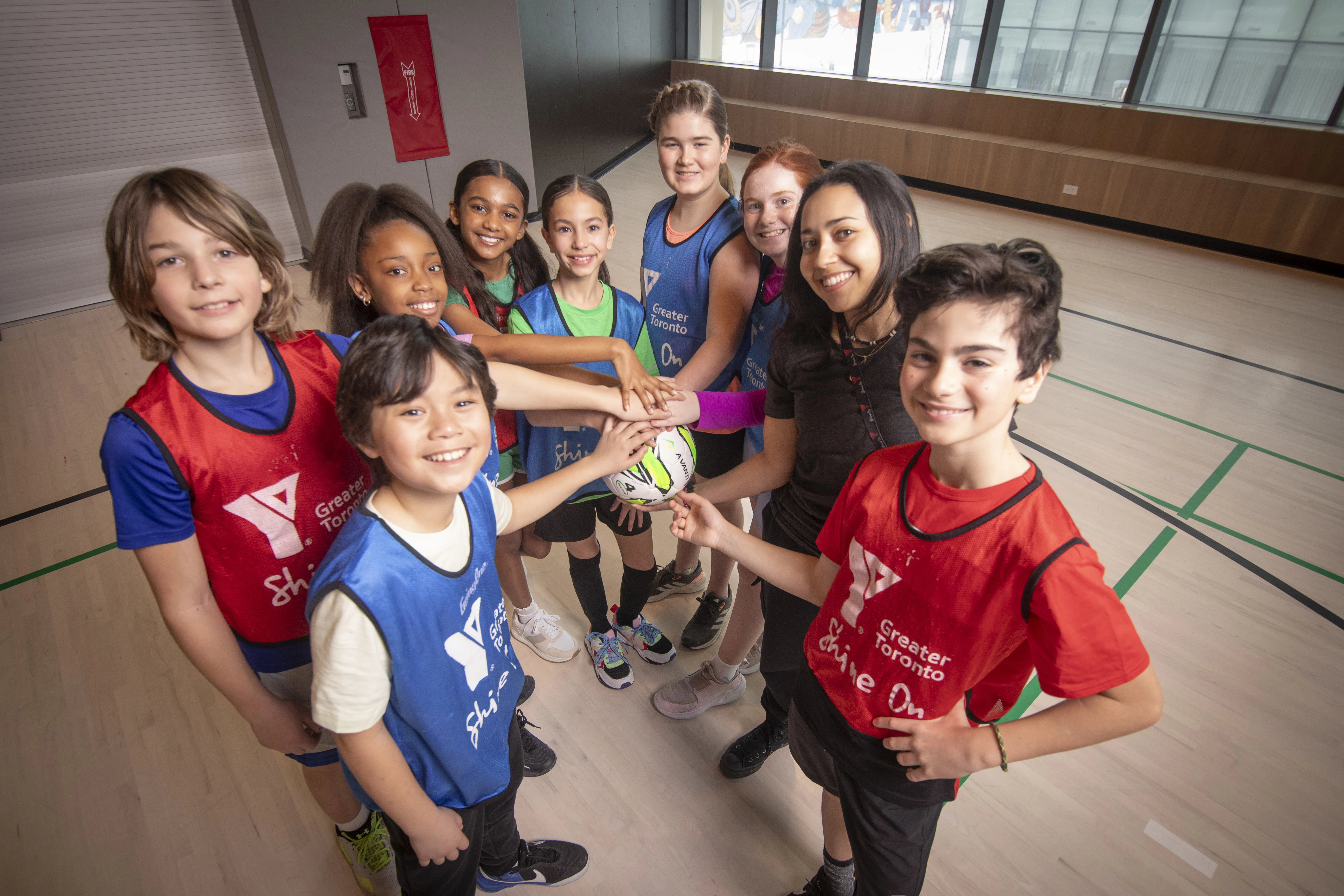
Program Dates
| # | Start Date | End Date | Last day to register | Blackout date | # weeks |
|---|---|---|---|---|---|
| Monday | 05-Jan | 09-Mar | 26-Jan | February 16 (family day) | 8 |
| Tuesday | 06-Jan | 10-Mar | 26-Jan | 9 | |
| Wednesday | 07-Jan | 11-Mar | 26-Jan | 9 | |
| Thursday | 08-Jan | 12-Mar | 26-Jan | 9 | |
| Friday | 09-Jan | 13-Mar | 26-Jan | 9 | |
| Saturday | 10-Jan | 14-Mar | 26-Jan | 9 | |
| Sunday | 11-Jan | 15-Mar | 26-Jan | 9 |
Program break March 16, 2026 - March 22, 2026
| # | Start Date | End Date | Last day to register | Blackout date | # weeks |
|---|---|---|---|---|---|
| Monday | 23-Mar | 15-Jun | 13-Apr | May 18th - Victoria Day | 12 |
| Tuesday | 24-Mar | 16-Jun | 13-Apr | 13 | |
| Wednesday | 25-Mar | 17-Jun | 13-Apr | 13 | |
| Thursday | 26-Mar | 18-Jun | 13-Apr | 13 | |
| Friday | 27-Mar | 19-Jun | 13-Apr | Apr 18th -Good Friday | 12 |
| Saturday | 28-Mar | 20-Jun | 13-Apr | 13 | |
| Sunday | 29-Mar | 21-Jun | 13-Apr | 13 |
Program break June 22 2026 - June 28th 2026
| # | Start Date | End Date | Last day to register | Blackout date | # weeks |
|---|---|---|---|---|---|
| Monday | 29-Jun | 24-Aug | 20-Jul | Aug 3 - civic | 7 |
| Tuesday | 30-Jun | 25-Aug | 20-Jul | 8 | |
| Wednesday | 01-Jul | 26-Aug | 20-Jul | July 1- Canada Day | 7 |
| Thursday | 02-Jul | 27-Aug | 20-Jul | 8 | |
| Friday | 03-Jul | 28-Aug | 20-Jul | 8 | |
| Saturday | 04-Jul | 29-Aug | 20-Jul | 8 | |
| Sunday | 05-Jul | 30-Aug | 20-Jul | 8 |
Program break Aug 30th 2026 - Sep 11th
FAQ’s
How can I sign my child up for registered sports and recreation programs?
Visit the Y Guide to browse available programs and make your selection, then log in to your My Y account to register. (If you don’t already have a My Y account, you can sign up to register.) Please visit the Children’s Registered Programs page to learn more about our next available sessions and important registration dates.
How can I get swim lessons for my kids?
First, determine what level class your child should be in using the Swim Level Tool on the Children’s Registered Programs page. There, you’ll also find more information about our next available sessions and important registration dates. To sign up for swimming lessons, visit the Y Guide to find the session you want, then log in to your My Y account to register. (If you don’t already have a My Y account, you can sign up to register.)
Can I watch my child’s class?
It depends on your local Y. Some locations have a designated area where family members can watch the child, and other centres have limited space. Depending on your location, you may need to wait elsewhere until the class is over.
Do I need a Gi (uniform) for martial arts before the first class?
If your child is a beginner, they do not need to buy a uniform. Have them try the class for the first few weeks to decide if they like it first.
How do I cancel my child’s program?
To cancel your registration, please log in to your My Y account.
If you have any questions, feel free to use our virtual chat function to contact our member services team.
How do I check my child's progress in swim lessons?
Please follow the prompts at https://swimgen.net/search_region/ymca_gta to access your child's latest swim lesson report card. If you have any questions about the report cards, please speak to your swim instructor or visit the front desk at your local YMCA health and fitness centre.
How to register for children’s programs at health and fitness centres
Registering online is the quickest way to get your child(ren) signed up for programs.
- Visit the Y Guide to see all Y programs currently available, or soon to be available, for registration.
- Use My Y to register and confirm payment.
If you are unable to access your My Y account, please reset your password. DO NOT create another customer account.
Please watch our how-to video for assistance or contact us via LiveChat.

